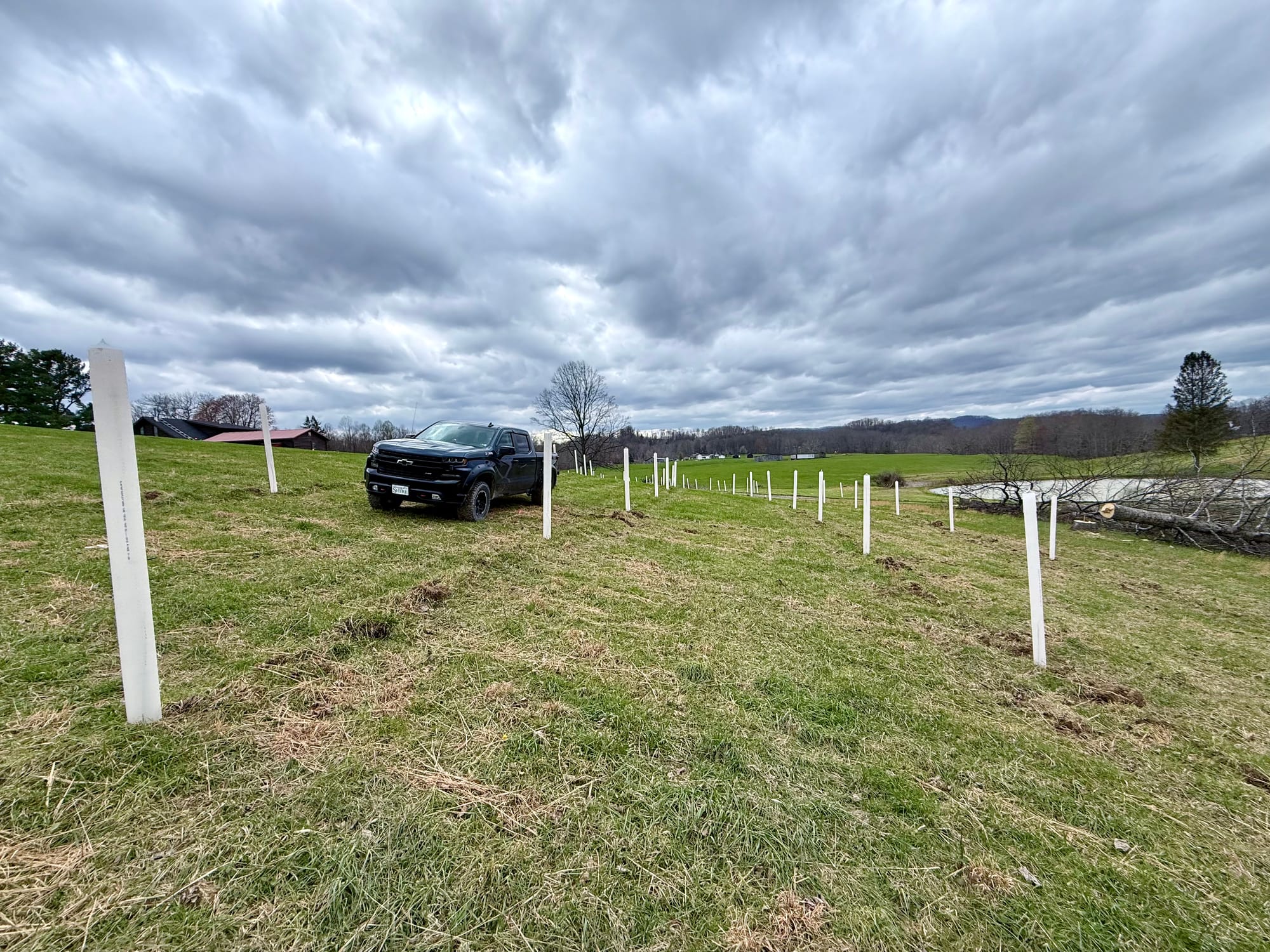Planting Without a Mask: Why I Started Goldberry Grove
I spent years masking who I was to fit into a world that never made room for me. Goldberry Grove is my unmasking—an act of rebellion, healing, and legacy. It’s for the weird kids, the late bloomers, the ones who love deeply and grow anyway.

I’ve spent most of my life trying to fit into a world that never quite made space for me. From New Hampshire to Florida to Utah, I walked through white, neurotypical spaces doing what so many of us on the spectrum do—masking. I was the weird kid. The one who said the wrong thing, who didn’t quite make eye contact, who felt the world too intensely and didn’t know how to turn it down.
Eventually, I found humor. That was my ticket. If I couldn’t belong, at least I could make people laugh. The bullied became the class clown. But beneath the jokes was still a kid who didn’t feel safe being fully known.
I’m 38 now. A Korean American. Autistic. A first-generation farmer. And I’m finally done pretending.
Goldberry Grove is my unmasking. It’s not just a farm—it’s my rebellion against everything that told me I wasn’t enough. It’s my promise to my family and to myself that we can build something sacred, healing, and real, even when the world pushes back.
I didn’t grow up farming. My hands weren’t raised in soil. But my heart was raised by people who loved me through my worst. My mother, for one, taught me love in the quietest ways. Like so many Asian moms, she never needed big words. She peeled fruit for me—perfect slices on a plate, ready after school or in the middle of emotional storms. It’s a small gesture, but one that holds a universe of care. That kind of presence—the kind that prepares nourishment without needing to be asked—is the soul of what I’m building.
Chestnuts, too, were a constant in our Korean home. Roasted, steamed, ground into porridge—they were comfort food and cultural heritage all at once. I didn’t know it as a child, but those moments stuck. That flavor, that warmth. I knew someday I wanted to help carry that legacy forward.
And before I ever dreamed of owning land, there was Uncle Peder. He ran a small family apple orchard in Massachusetts—old trees, winding rows, and that crisp smell of fall that still lives in my bones. I spent childhood Halloweens climbing his gnarled apple trees and hunting down pumpkins between rows of windfallen fruit. The cider he pressed was the old-time kind, cloudy and cold and unforgettable.
That orchard wasn’t big or fancy. But it had heart. And it made an impression that never let go.
This farm—Goldberry Grove—is a bridge. Between my past and my future. Between my mother’s quiet love and Uncle Peder’s orchard grit. Between the boy who masked and the man who plants with both hands in the dirt, no longer hiding.
The truth is, I’m not a polished brand. I’m not a flawless businessman. I’m not someone who fits the mold of a "respectable" small-town farmer. And I know there are people—systems, even—who’d rather silence folks like me. There is a system that keeps smaller farms from thriving, and we all know it just add on being inexperienced, Korean, and non-typical to that mix.
But here we are.
Planting, even when it’s hard. Growing, even when the world feels hostile. Laughing, crying, failing, and getting back up again. All of it matters.
So if you’re someone who’s ever felt like you didn’t belong—this is your place, too. Goldberry Grove is a home for the weirdos, the fighters, the ones who are done hiding.
Let’s grow a better world. One tree at a time.

